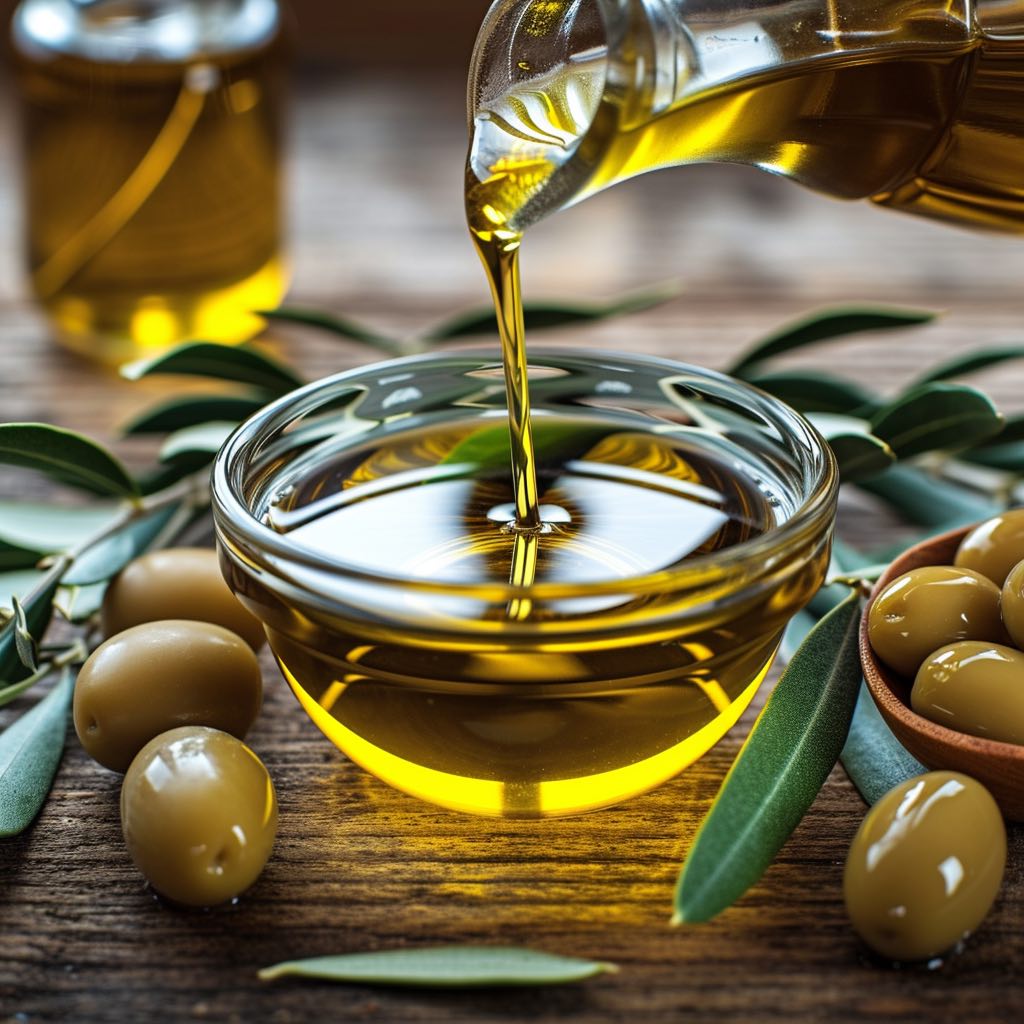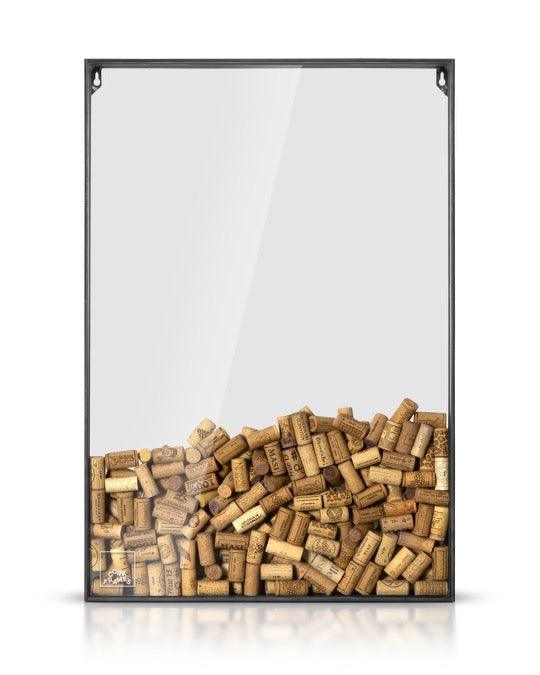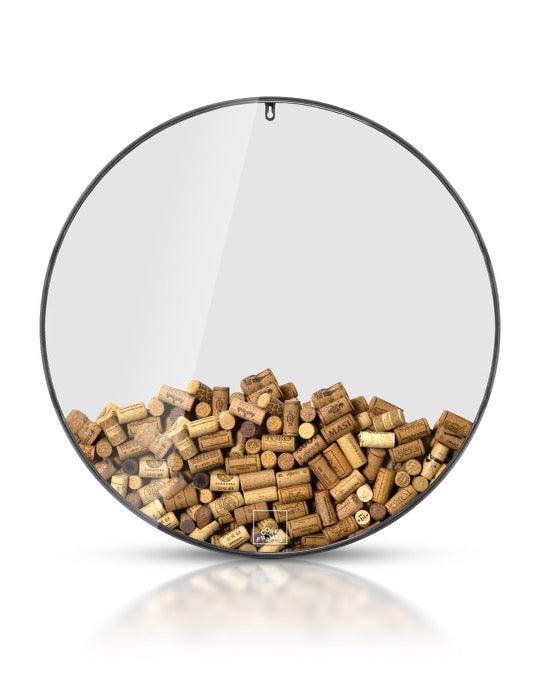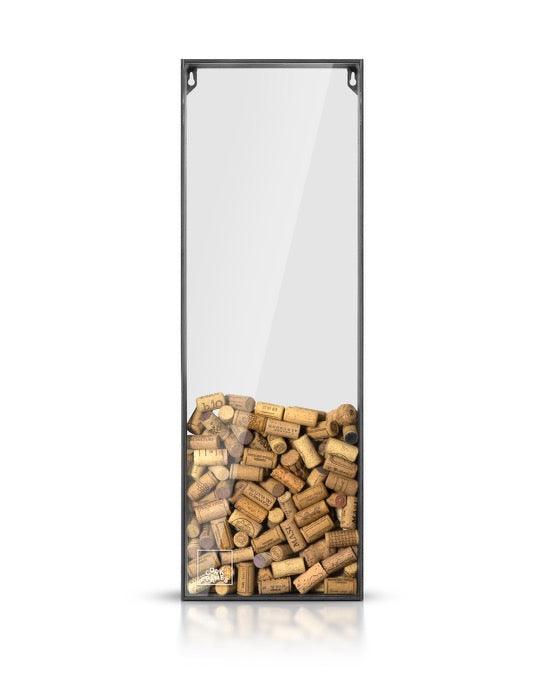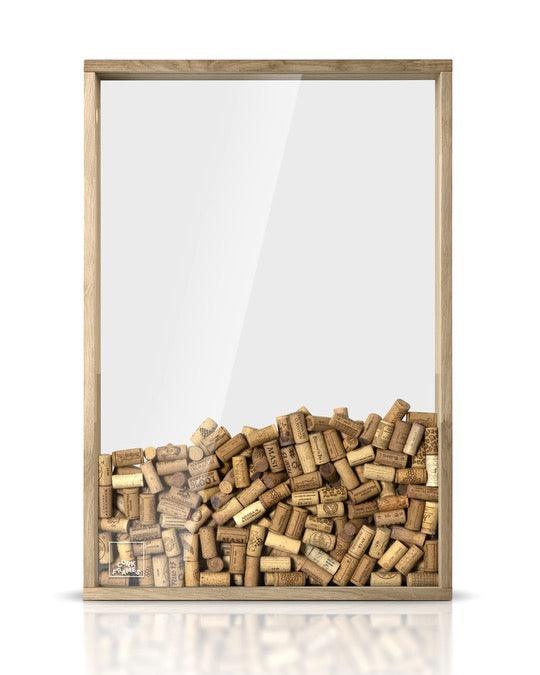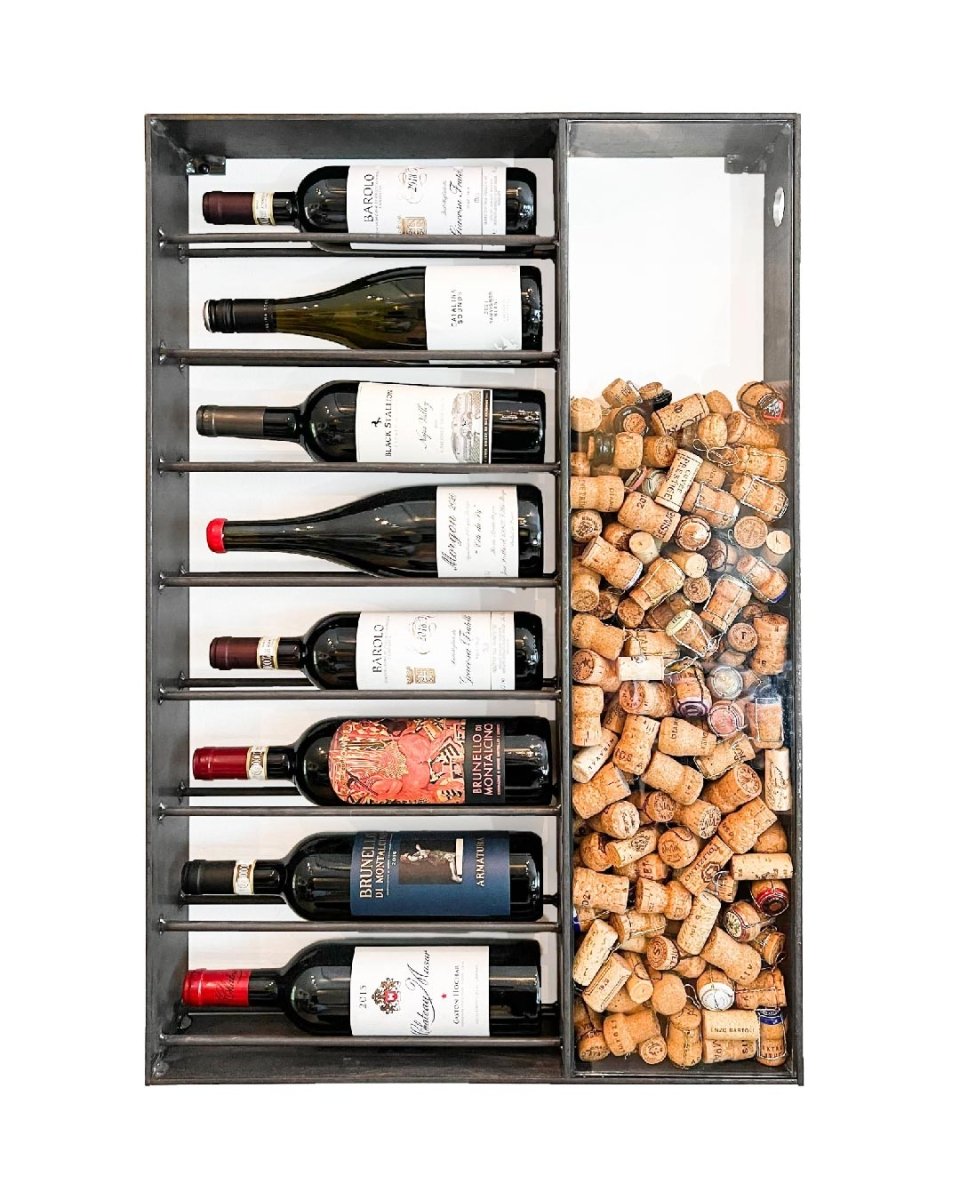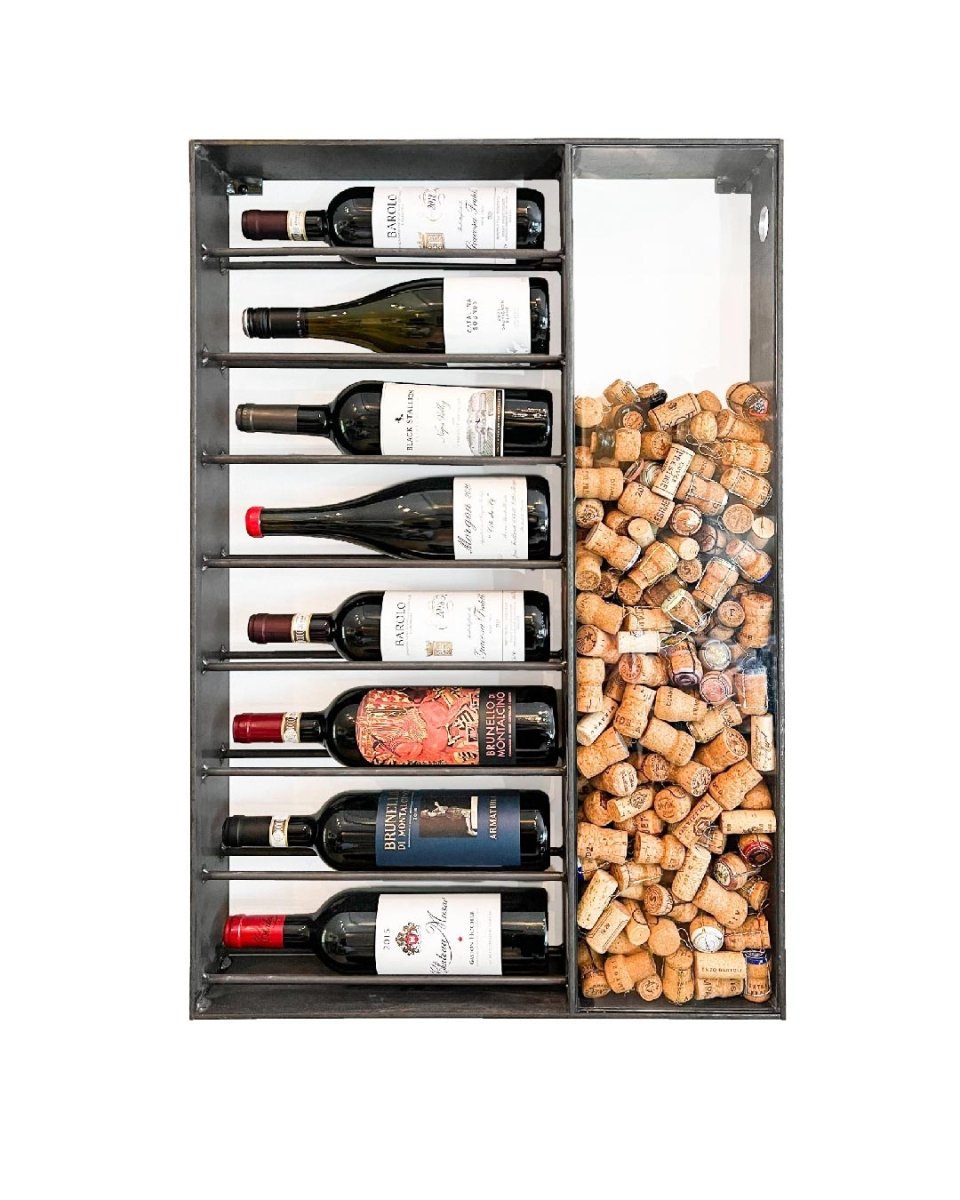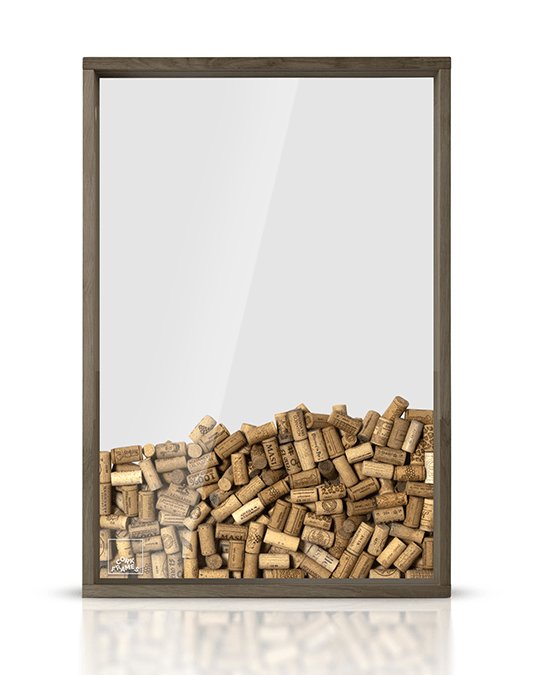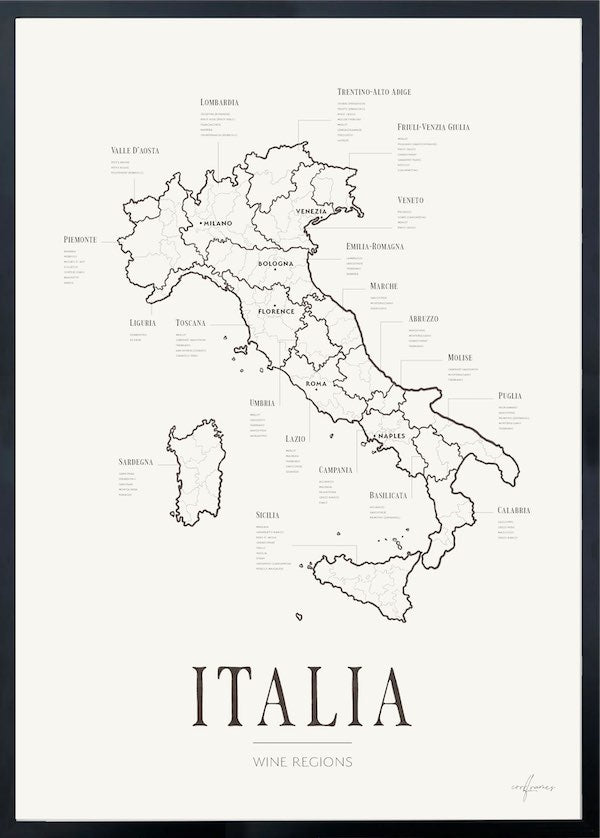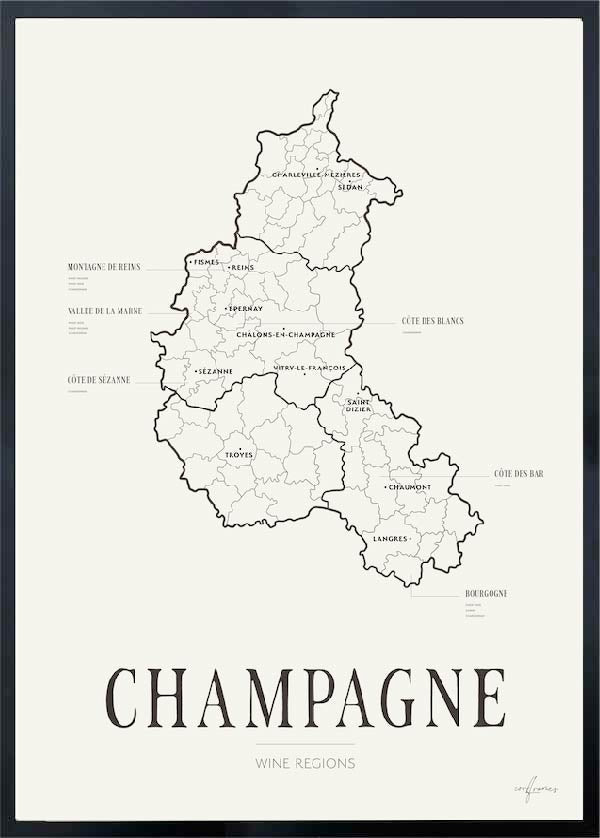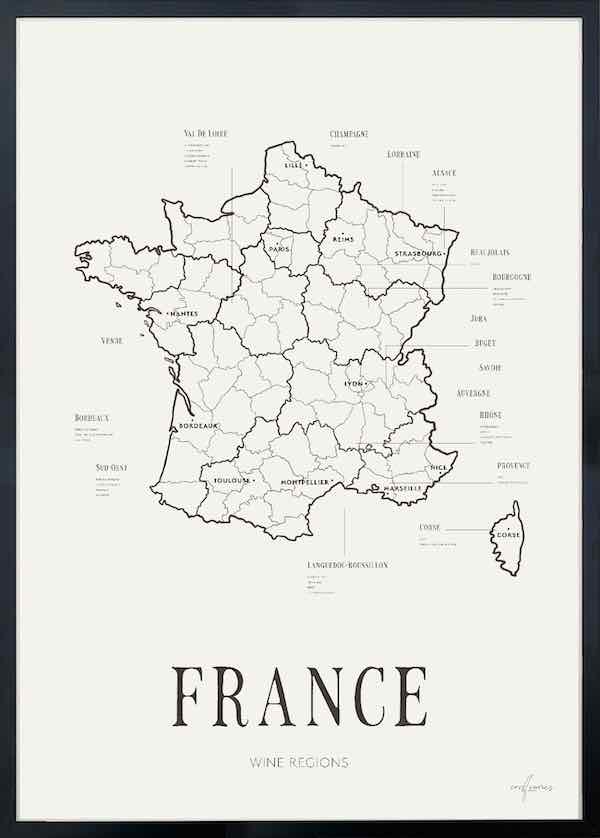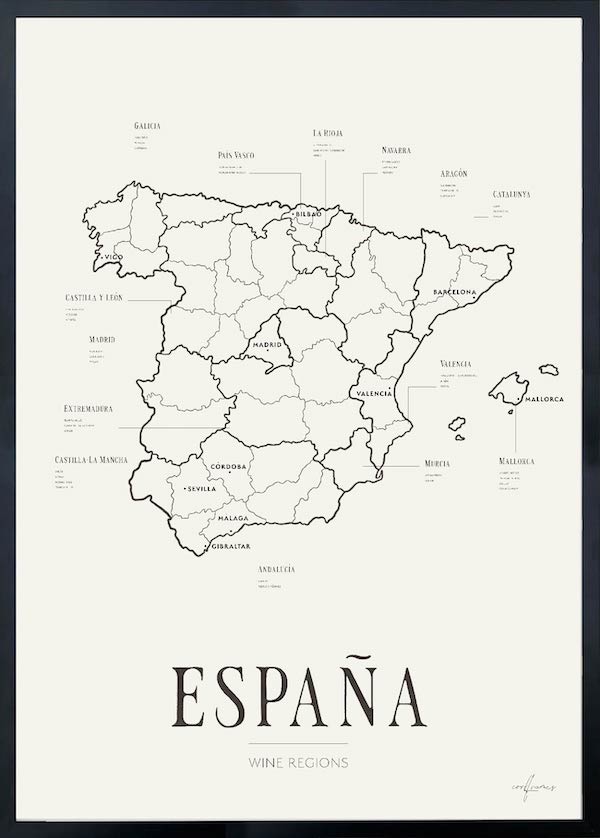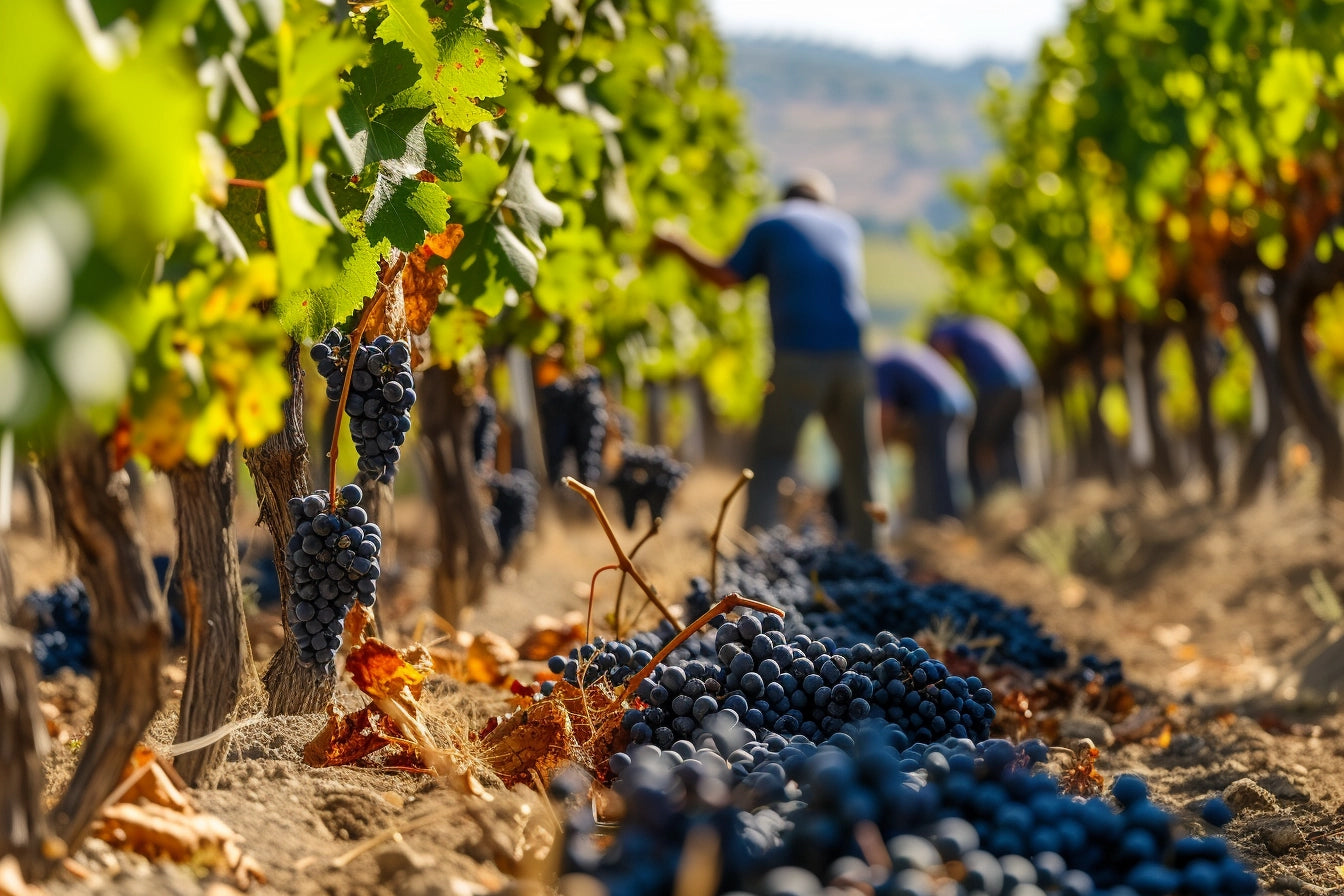Yes, cork, particularly the traditional natural cork made from the bark of the cork oak tree, is considered a resource with certain limitations, which has led to concerns and discussions about potential shortages in some parts of the world.
Cork oak trees primarily grow in the Mediterranean region, with Portugal being the largest producer of cork.
Several factors impact the availability of cork:
-
Slow Growth of Cork Oak Trees: Cork oak trees have a long growth cycle. It takes about 25 years before a tree can be harvested for the first time, and then it takes about 9-12 years for the bark to regrow sufficiently for the next harvest. This slow regrowth makes it difficult to quickly increase production.
-
Environmental Factors: Cork oak trees are sensitive to climate change, wildfires, and diseases, all of which can negatively affect cork production.
-
Demand: Despite the growing popularity of synthetic corks and screw caps, there is still a high demand for natural cork, especially for premium wines. Natural cork is often considered superior for preserving the quality and aging potential of wine.
The cork industry has made significant efforts to ensure the sustainable management of cork forests and to meet demand. While there isn't an acute global shortage of cork, it remains a resource that must be carefully managed to avoid future issues.
Thus, one could say that cork is a limited resource rather than an immediate scarcity, but the situation requires careful monitoring and sustainable management to ensure its availability in the future.




